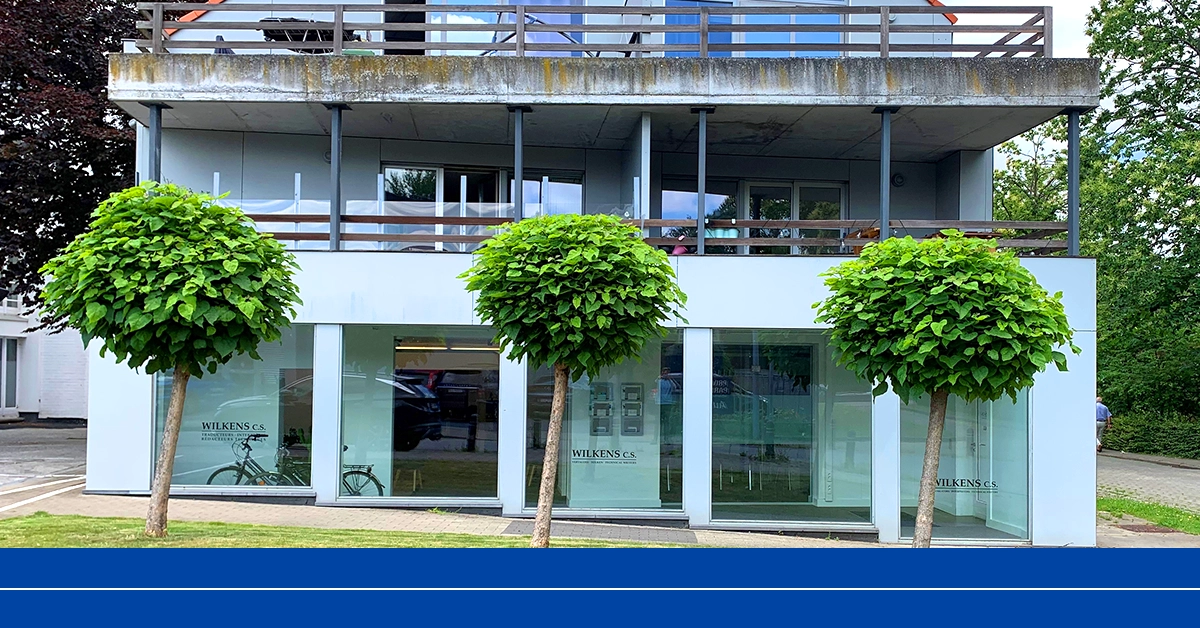You go to a garage to have your car repaired, you send letters and parcels at a post office, and you buy fresh bread from the baker. But what exactly does a translation company do? At Wilkens c.s., we’ve noticed that people aren’t always clear. In this blog, we therefore answer the 3 most frequently asked questions about translation companies.
1. What languages do you translate into?
When people hear you work for a translation company, this is by far the most frequently asked question. And people are often surprised by the answer: we don’t do translations at the office. Our team of Account and Project Managers don’t translate themselves and there are no translators at our office.
Because we don’t translate ourselves, we can focus completely on our clients. So how does the translation process work? For every project, we can count on our huge network of freelancers.
Because it would be almost impossible to have an in-house translator for every language combination and specialisation. Even the Book Tower in Ghent wouldn’t be big enough to comfortably accommodate us all.
2. Aren't translations done by computers nowadays?
Today, a lot happens online, and our daily lives are all impacted by Artificial Intelligence. But that doesn’t mean that our translators are computers.
Behind all our translations is a real person with interests, hobbies and, above all, a huge passion for language. We enjoy knowing how our translators are doing and what’s going on in their lives. Just asking ‘How are you?’ or ‘Had a good weekend?’ costs nothing and ensures a nice working relationship.
3. Do you translate directly into Word?
The simple answer is no. So how do we translate?
In an era of technical evolution, the translation industry is not hanging back either. For most of our projects, we use CAT tools, or Computer-Assisted Translation tools. But don’t panic, that doesn’t mean Google Translate.
CAT tools are programs that return your texts to the most rudimentary form without the layout. Translators receive the text in segments, allowing them to translate more efficiently.
Translation tools are not just useful for us, but also for our clients. Because they store all the translations that have ever been done for each client. This means that we can reuse translations, which results in lower prices for our clients. So a win-win situation.
For us, translating is therefore a nice blend of people and technology, where both complement each other. Let’s see how we can help you, contact our team!




